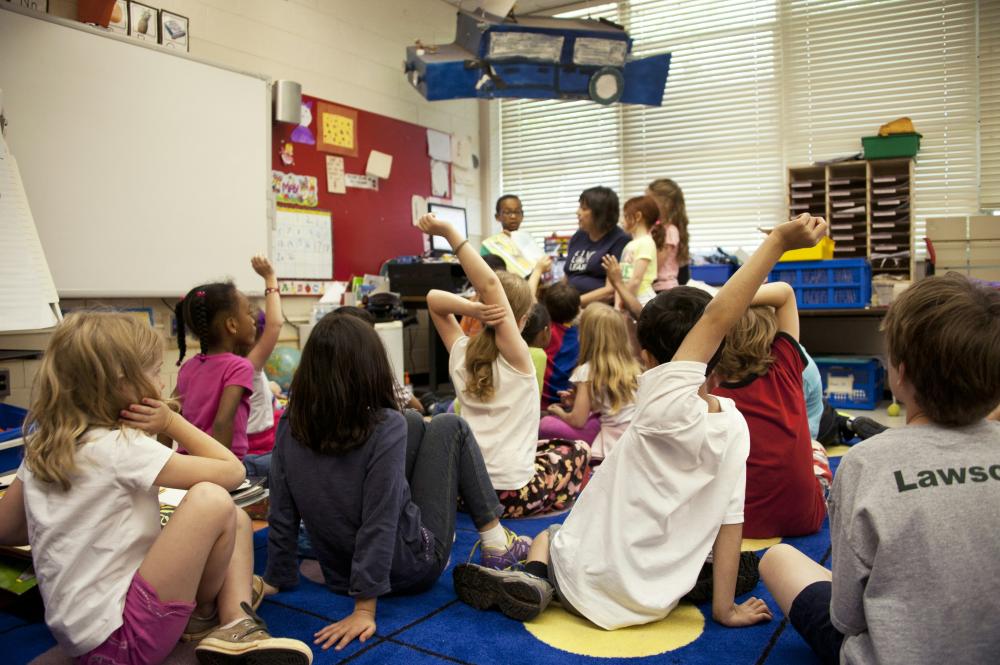
"We have been concerned about the expansion of EdTech includes a wide range of tools that enable the surveillance of students and academic staff, often facilitating monitoring by both public authorities and private entities. We brought our concerns responding to the UN Special Rapporteur on education call for contributions on safety as an element of the right to education and a precondition for its full realization."
"Conduct human rights due diligence, including human rights and data protection impact assessments: This includes assessing the potential adverse human rights impacts on safety as an integral element of the right to education. Conduct necessity and proportionality analysis: In the deployment and implementation of EdTech in educational settings, relevant stakeholders must consistently assess whether the use of privacy-intrusive technologies is necessary and if less intrusive alternatives could achieve the same purpose."
EdTech expansion enables wide-ranging surveillance of students and academic staff, often facilitating monitoring by public authorities and private entities. Safety in education is endangered when surveillance undermines secure learning environments free from violence and discrimination. States should conduct human-rights due diligence, including human-rights and data-protection impact assessments that assess adverse effects on safety as part of the right to education. Stakeholders must perform necessity and proportionality analyses to determine whether privacy-intrusive technologies are necessary and whether less intrusive alternatives exist. EdTech development and deployment must adhere to robust data-protection frameworks and implement strong data-security measures to safeguard personal information.
Read at Privacy International
Unable to calculate read time
Collection
[
|
...
]